Submitted by WA Contents
Pavilion of Poland presents Amplifying Nature at the Venice Architecture Biennale
Italy Architecture News - Jun 18, 2018 - 05:08 20458 views
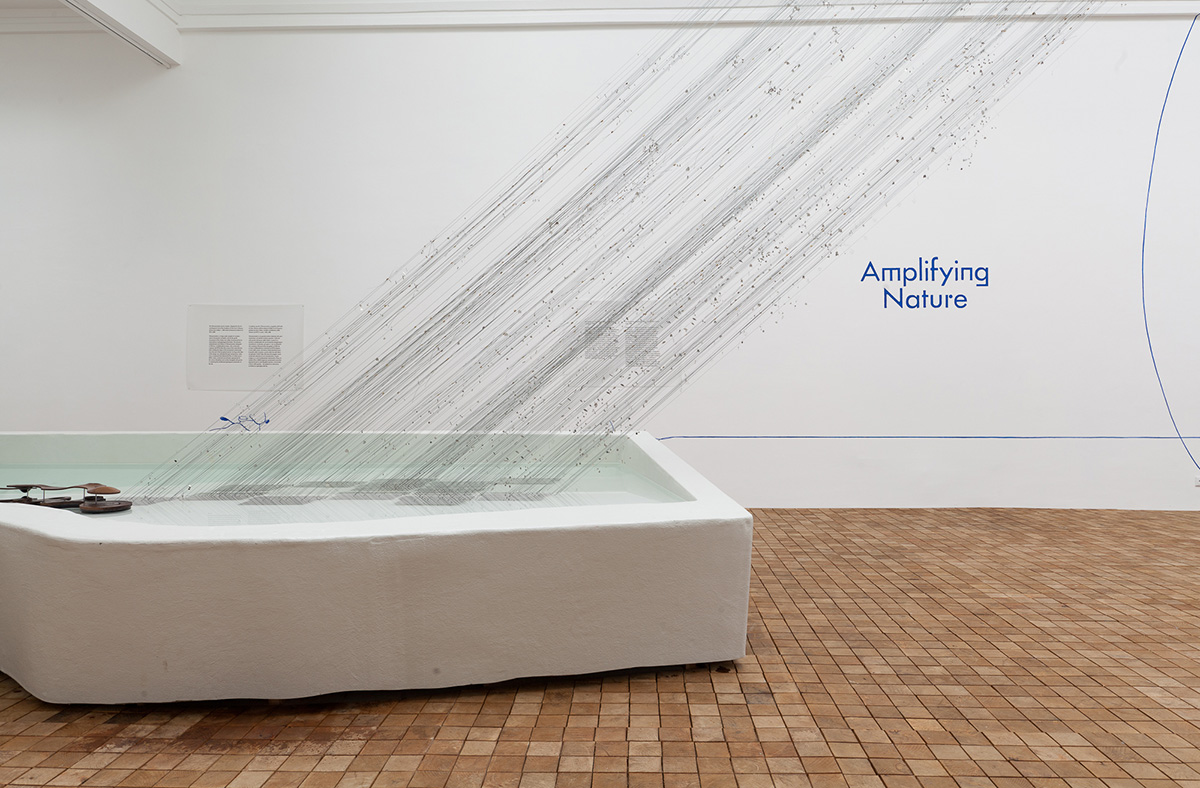
The Pavilion of Poland has presented "Amplifying Nature", showing that architecture is a natural part of existing forces and is already shaped around these forces, at the Venice Architecture Biennale.
Architecture as a domain of the collective knowledge of nature and a way of experiencing the planetary scale is the underlying idea of the project Amplifying Nature. An exhibition conceived by the CENTRALA design collective and curator Anna Ptak is presented in the Polish Pavilion at the 16th International Architecture Exhibition, Venice Architecture Biennale.

The project’s authors invited a contribution from artist Iza Tarasewicz, who has interpreted the effects of CENTRALA’s research, creating an installation that highlights the project’s processual character. Her sculptural representation of the concept of amplifying nature visualises the fluctuability and scale of the natural phenomena and processes that architectural constructions are subject to, and which constitute their underappreciated constructive element.
"Architecture amplifies the work of natural forces; being part of nature, it doesn’t exist without it. The way man tries to inhabit the world depends on how much the planet Earth sustains life through forces such as light, gravitation, or water circulation", said the authors of Amplifying Nature.
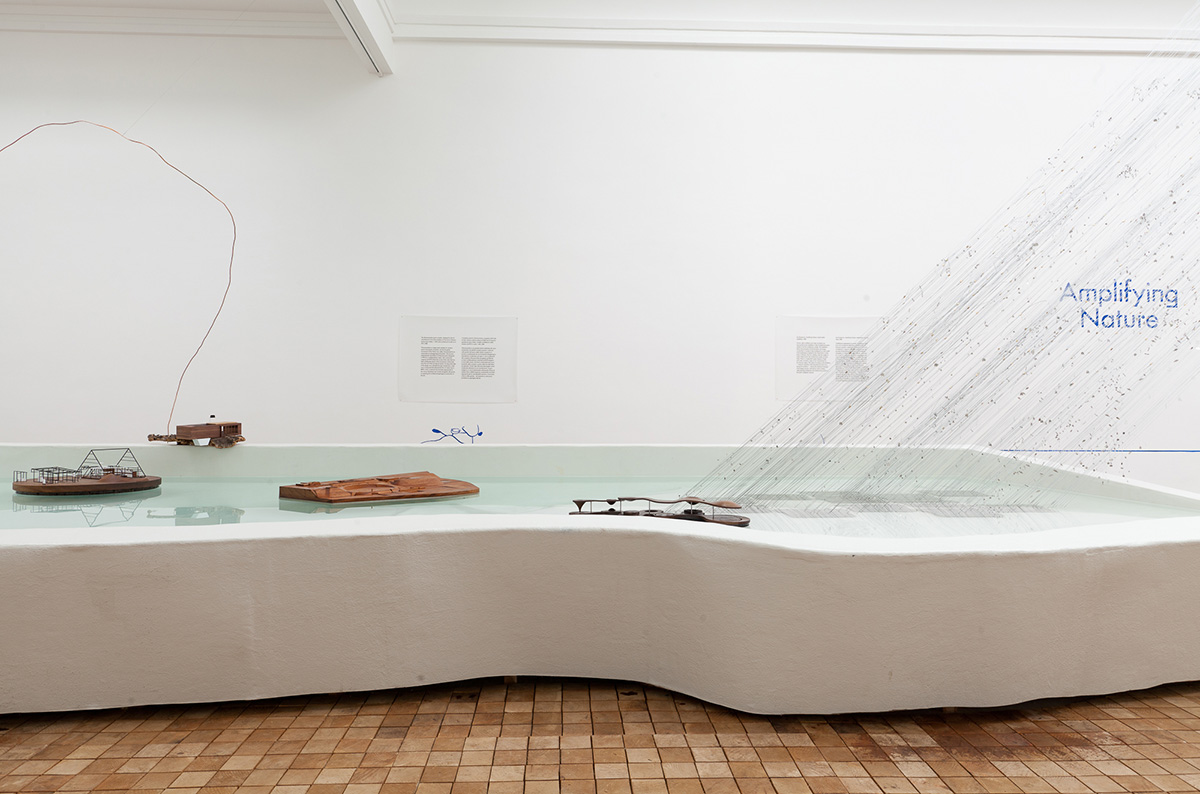
In the exhibition at the Polish Pavilion they show how architecture becomes a translator of phenomena on a planetary scale, demonstrating that circumstances such as rainfall, geological history, or the seasons have found their expression also in local, modernist designs conceived in post-WWII Poland. In this way, the show indicates the universal character of nature’s embededness in the societal and society’s in the natural.
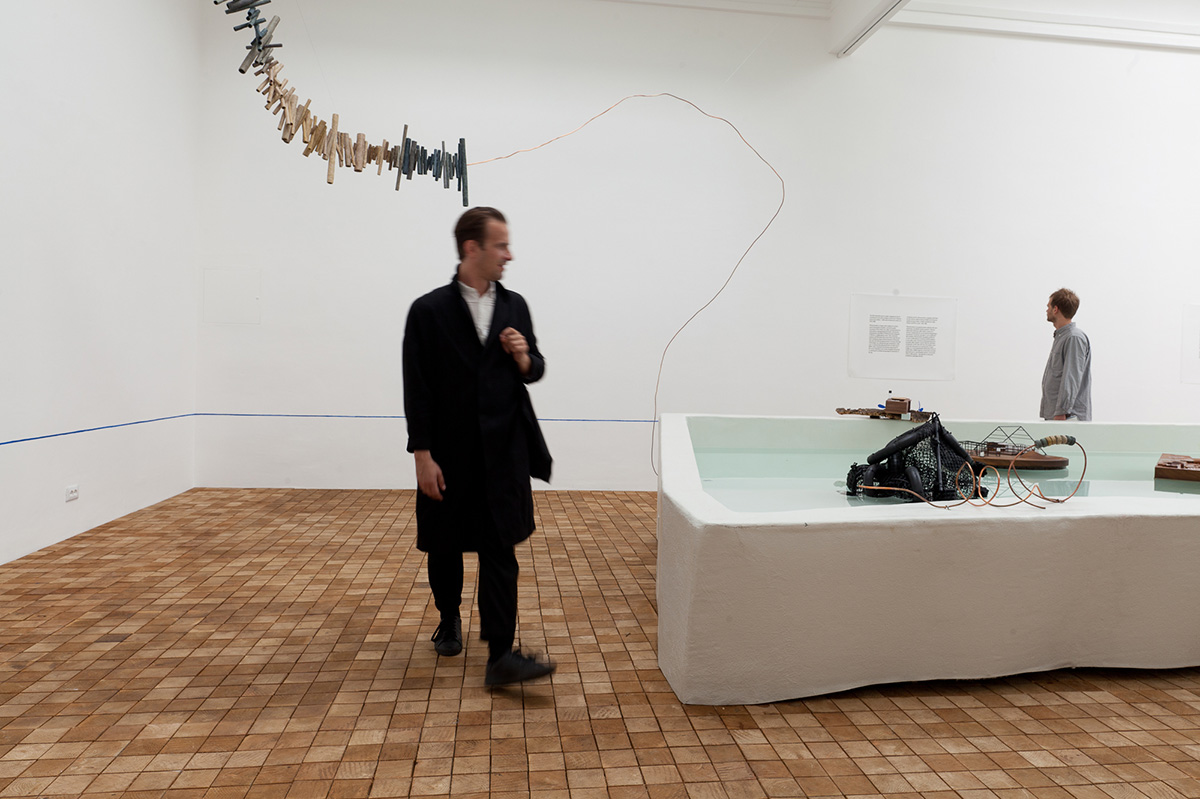
The project’s authors draw the viewer’s attention to an embodied knowledge of the world, chronobiology, interpreting architecture through the prism of living organisms’ synchronisation with planetary cycles and construing language as a means of encoding the experience of warmth, humidity, light, or weather phenomena. In the exhibition they present spatial constructions that took their point of departure in research into the vernacular names of different types of rain.
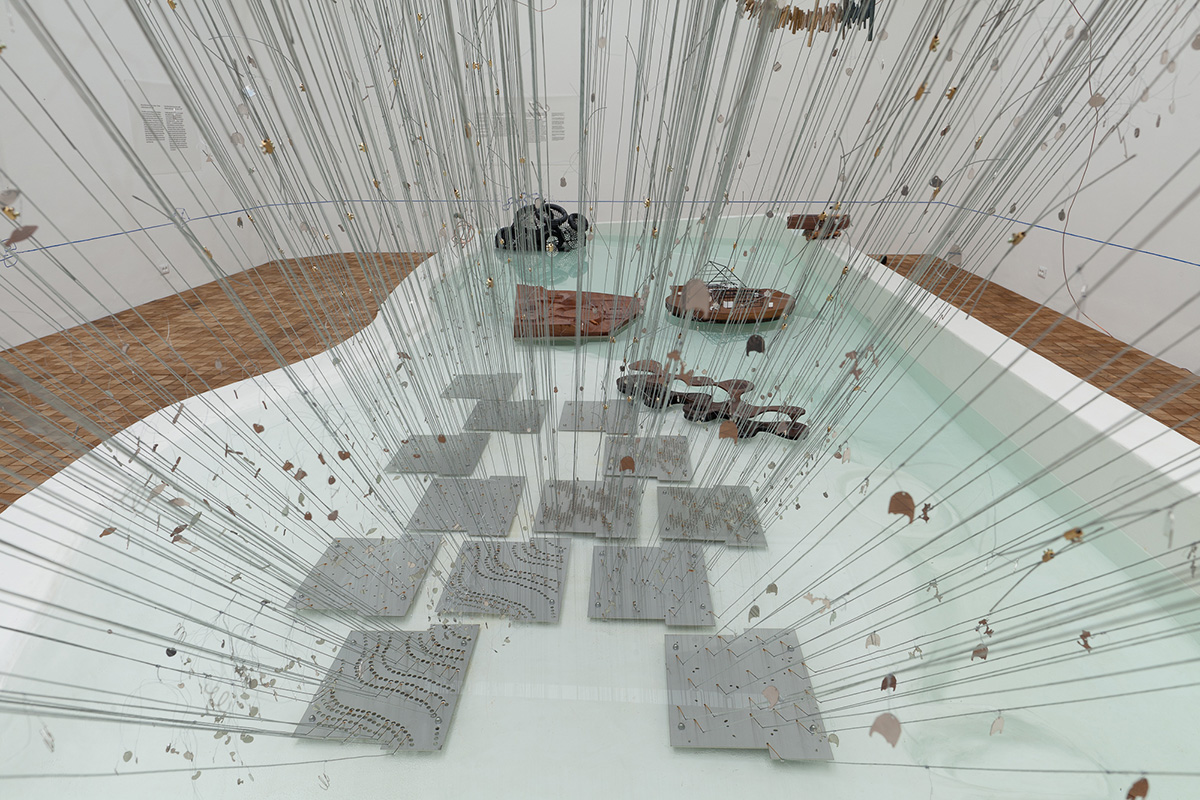
They also notice the inspiration provided by rural architecture rooted in local tradition and the preindustrial rhythms of social activity. Moreover, they signal that the archetype of the home as a shelter against nature and the elements is no longer valid and requires reflection and scrutiny.
It is impossible to cut oneself off from smog or other types of pollution, caused by a striving towards comfort and modernisation, by staying within the four walls of one’s home. Thinking of chronobiology, of synchronisation with planetary phenomena and cycles, the project’s authors reflect on architecture as a medium connecting humans with the planet, problematising new threads in thinking about architecture and avoiding stereotypes imposed by the capitalist management of nature.
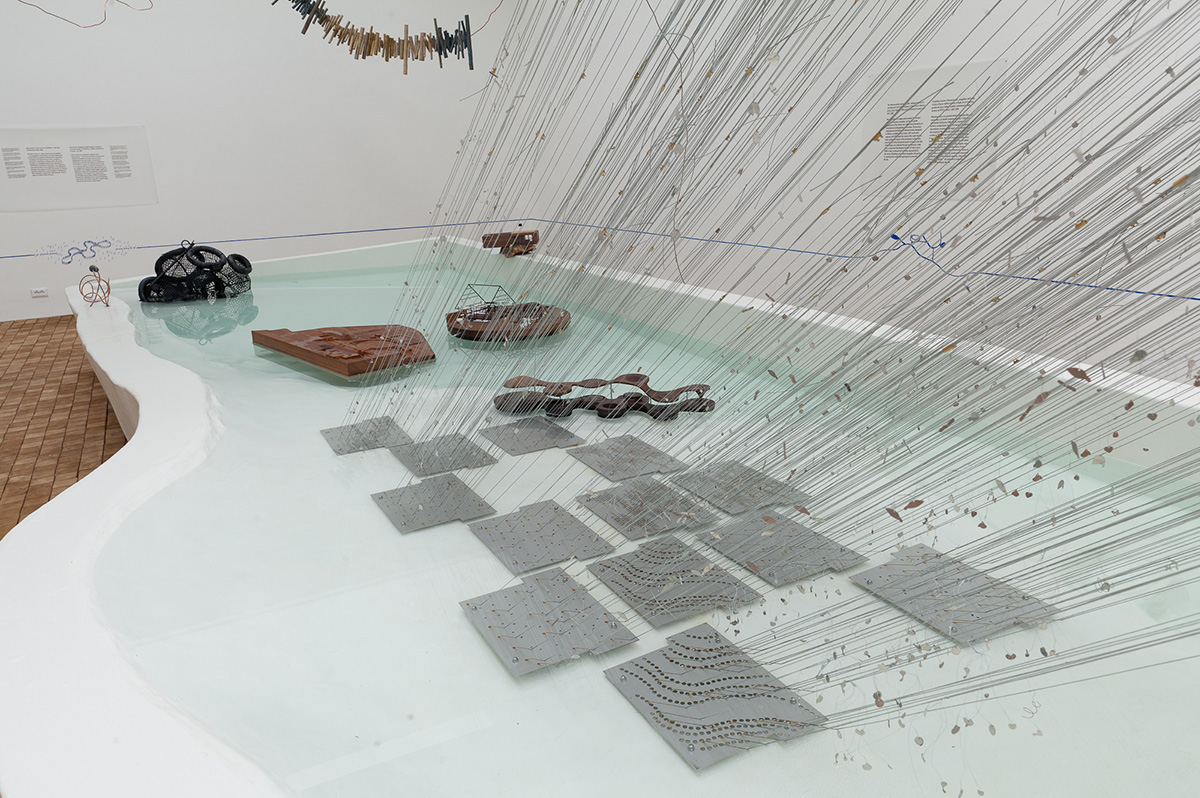
Within the space of the Polish Pavilion, artist Iza Tarasewicz sculpturally interprets the themes of the project and the research conducted by CENTRALA. The effect of her work is a representation of a landscape – a form shaped to resemble the Vistula River valley in Warsaw, as ‘sculpted’ by the ancient river and postglacial waters. As a cast and imprint, a negative and positive, the sculpture’s role in the exhibition space is that of a display tool.
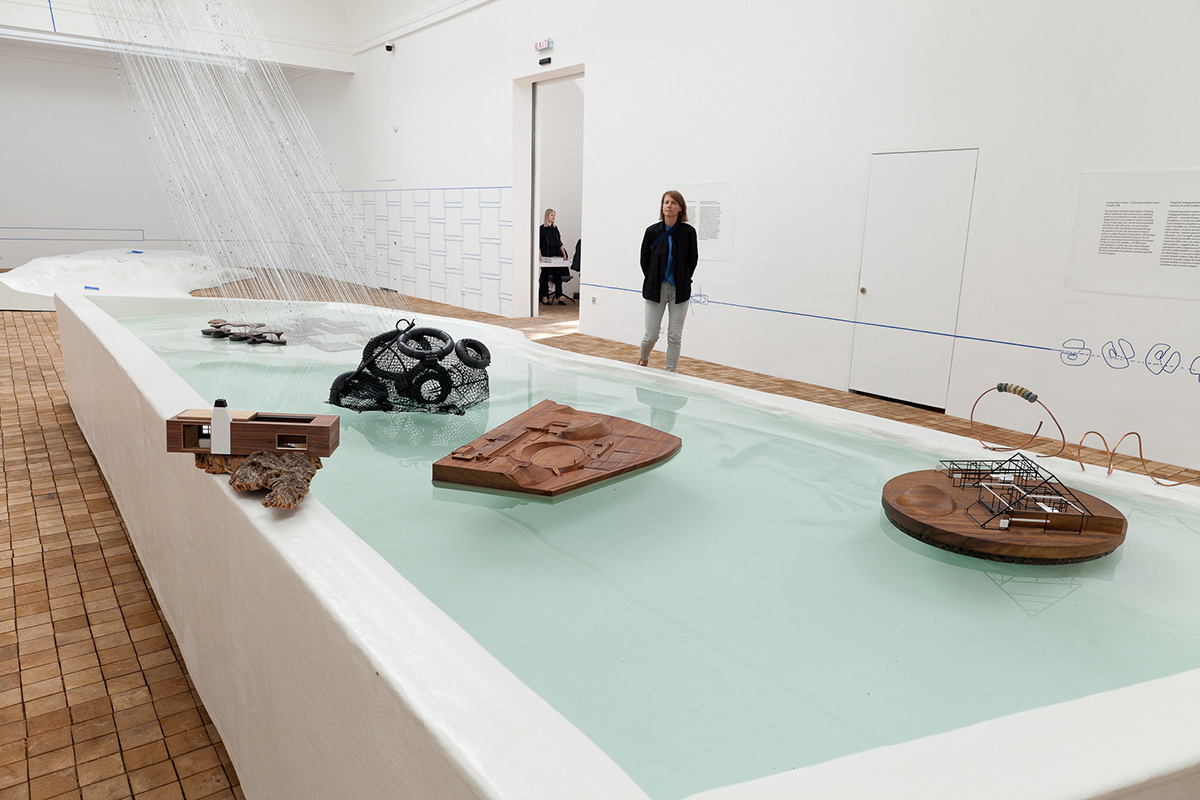
A basin filled with water, with models floating on its surface, comprises a laboratory of imagination, dubbed a ‘floating imaginarium’ by its authors. It is an analytical diagram of transforming the way architecture is perceived – as a material, nature-related process that affects various senses and aspects of human living.

Through this gesture, the authors show that water displacement organises objects in space differently than the force of gravitation. The purpose of the project is therefore to draw viewers’ attention away from architectural form. The team concentrate their own creative investigations and research on issues related to architectural space as a sphere of coexistence and interaction with other people, animals, or even viruses and bacteria participating in the processes occurring in Earth’s systems.

Amplifying Nature is an effect of six years’ architectural research conducted by the CENTRALA collective. It emphasises a whole range of sensory impressions and emotions caused by nature and normally unacknowledged by someone who confines himself within architecture. The exhibition aims to impact on the viewer in a threefold way.
Firstly, it points to forces that comprise the constructive elements of architecture – gravitation, water circulation, light oscillation. Secondly, it analyses five architectural designs selected due to their interaction with those forces.

On the third, most general level, it presents those designs in an architectural, artistic, and scholarly context, and on different scales, from local to global. The exhibition is accompanied by a publication titled Amplifying Nature. The Planetary Imagination of Architecture in the Anthropocene, edited by Anna Ptak and designed by Krzysztof Pyda.
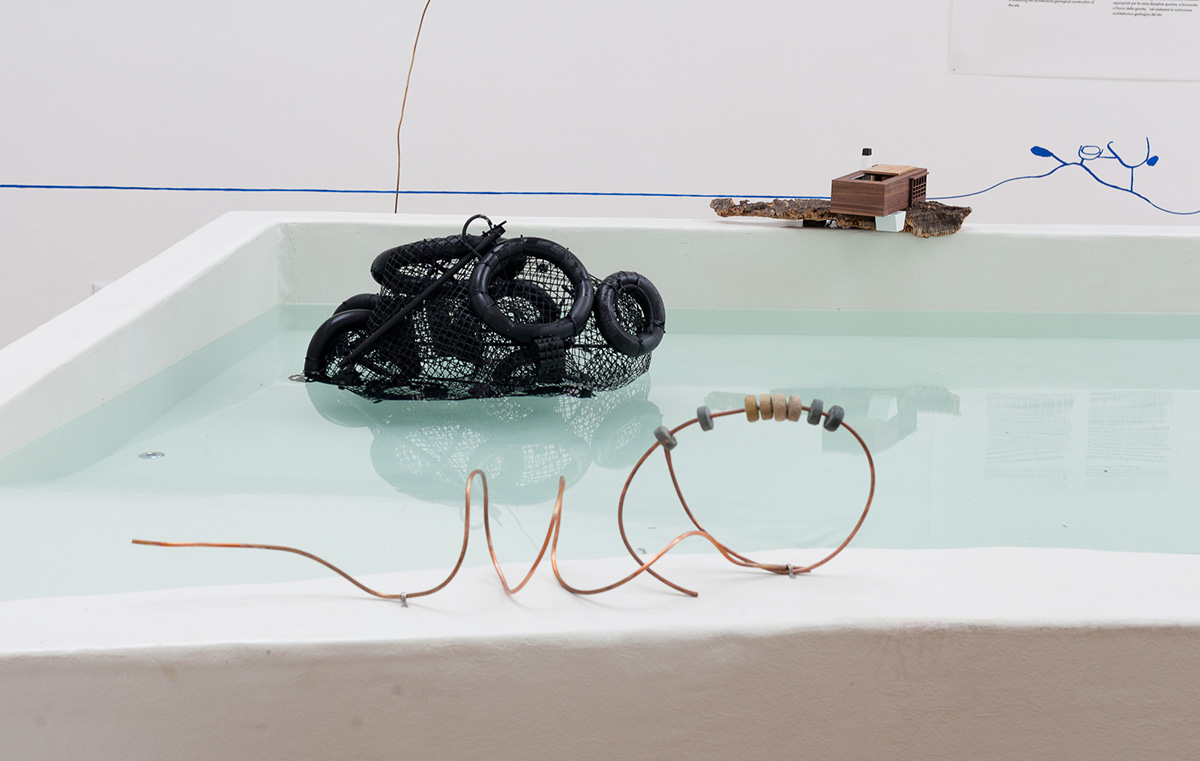
The exhibition in the Polish Pavilion taps into the main theme of the 16th International Architecture Exhibition defined by curators Yvonne Farrell and Shelley McNamara as Freespace. Pointing to the term’s various references and to architecture’s role in the choreography of everyday life, they have also accentuated the role of the gifts of nature: sunlight and moonlight, air, gravitation, materials, whether natural or man-made. CENTRALA and Anna Ptak interpret ‘freespace’ as a ‘gratuitous space’, where planetary life-sustaining forces, without which there would be no architecture, are offered to us.
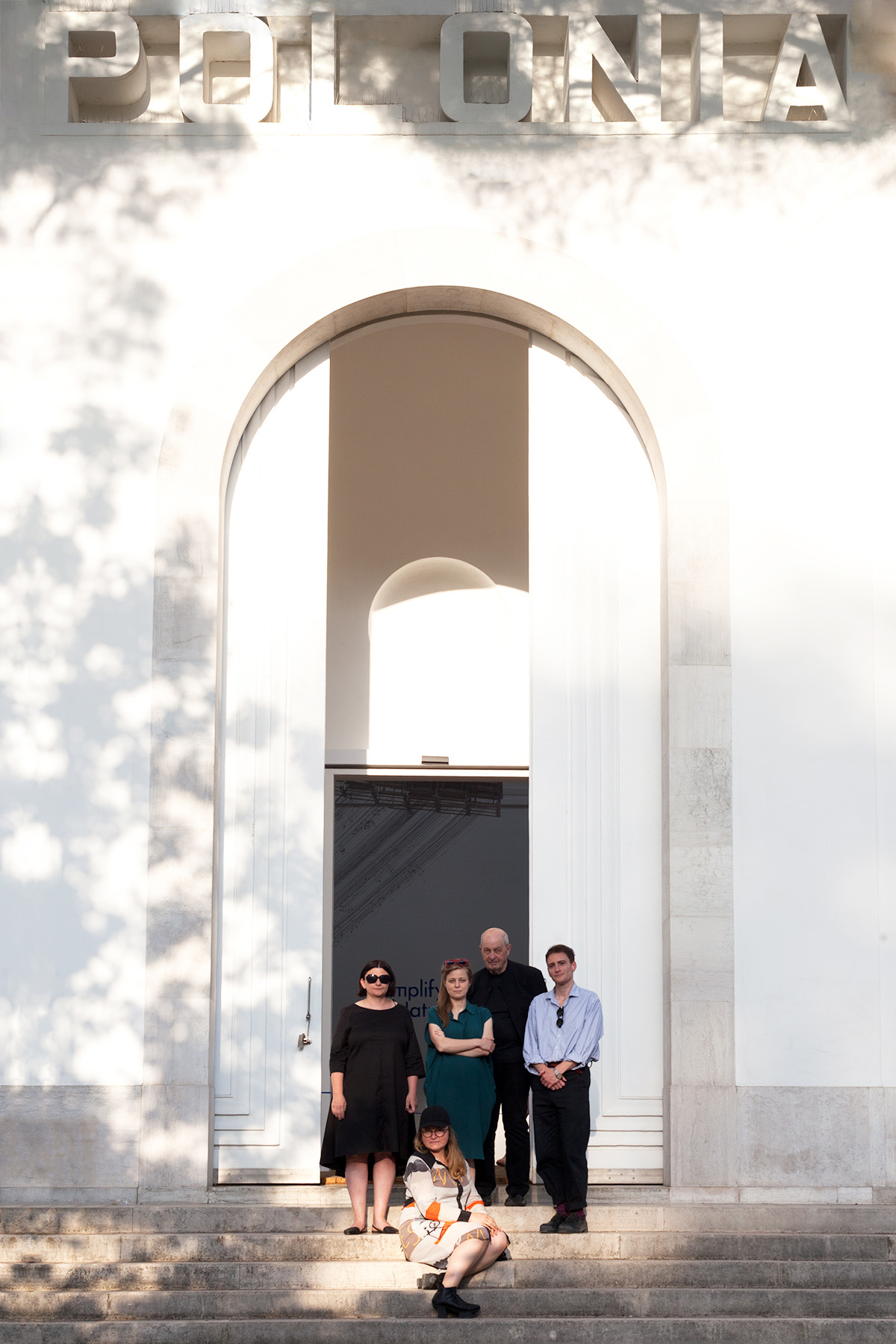
The 2018 Venice Architecture Biennale, curated by Yvonne Farrell and Shelley McNamara under the title of Freespace, will be on view from May 26th to November 25th, 2018 in the Giardini and the Arsenale, and around other venues in Venice.
All image © Anna Zagrodzka
